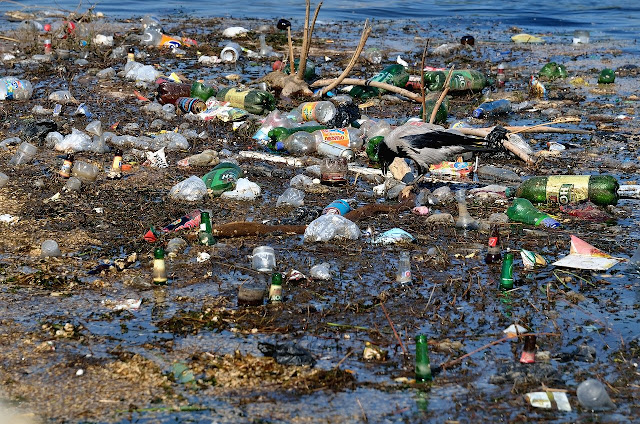According to a new research, due to natural and human activities, the chemical composition of many major rivers of the world is changing significantly. Scientists say that due to this change, the amount of dissolved substances such as calcium, potassium, chloride and bicarbonate in rivers is increasing, which flow into the sea.
Although these soluble substances found in rivers are also important because they keep freshwater ecosystems healthy, but if these soluble substances are found in rivers beyond a limit, then it poses a threat to rivers. Not only can they spoil the ecosystem of rivers, but these substances also prove to be harmful to humans. This is called river syndrome.
An international team created a global database of data on the flows and effluent concentrations of about 150 major rivers over the past decade. These include the Colorado and Mississippi rivers in America, the Amazon River in South America, the Congo River in Africa, the Rhine River in Europe, the Yellow and Yangtze rivers in China, and the Murray River in Australia.
The study was carried out by researchers from Peking University and Normal University in China, Michigan State University in the US, and Plymouth University in the UK and the University of Edinburgh.
A detailed analysis of their data shows that rivers accounted for 68 percent of the total dissolved solids in the world's oceans, chloride 81 percent, sodium 86 percent and sulfate 142 percent, the researchers say.
These effects are particularly felt between the polar regions and tropical regions, where urbanization and agriculture are increasing rapidly. However, rivers in South America also saw acidification close to the equator as a result of bicarbonate levels important to river health.
Every year about 640 million tons of soluble substances from rivers reach the ocean, such changes can have harmful consequences for humans and ecosystems, known as river syndrome.
The researchers said the study sought to examine how large rivers dissolve through various natural processes, as well as through human activities including agriculture, mining and dams, such as the seven river syndrome — salinity, increased mineralization, Acidification, alkalinization, are responsible for making water hard and soft.
To do this the team examined river runoff and the concentrations of major solutes, including calcium, magnesium, sodium, potassium, sulfate, chloride and bicarbonate ions. Silica is derived from 149 large rivers, each of which has a basin area that covers more than 1000 square kilometers.
Rivers are of utmost importance for the stability of our earth. Large rivers are responsible for carrying large amounts of different materials, from sediment to fish. Our study sends a simple message that measures are urgently needed to protect rivers against major changes in soluble content.
Thanks for visiting us. Please leave your comment on this.








No comments:
Post a Comment